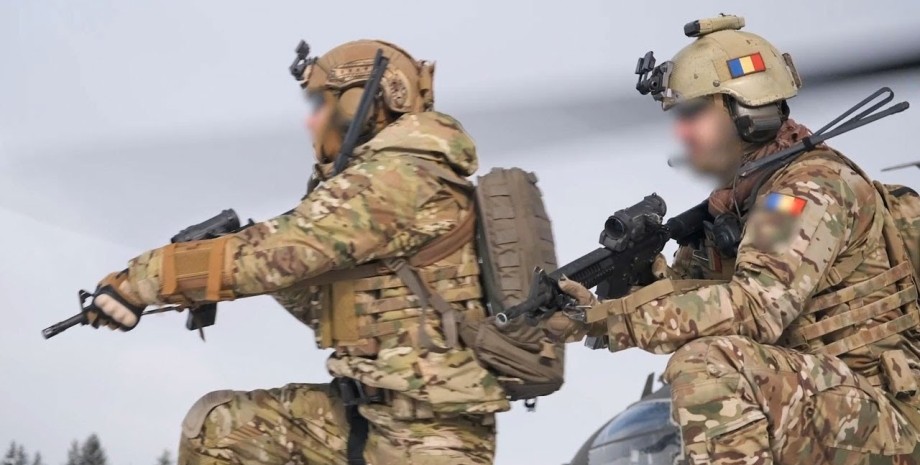
 By Eliza Popova
By Eliza Popova
To do this, NATO will need to persuade the management of individual countries to provide servicemen, instructors, large volumes of expensive weapons, equipment and ammunition. However, there is a risk that not all allies will be involved in the new project, as many are concerned about the reduction of their own ammunition reserves, and, in addition, Ukraine is in dire need of supplying a large number of shells and weapons from allies.
The US and the EU make plans to attract more weapons, but it will take time, journalists say. James J. Townsend, an expirer of the US Defense Minister Assistant for Europe and NATO policy, gave an analogy with lunch that everyone brings their food. If there is no organizer who would order what to bring, then "everyone will come with chips, so they are cheap and easy to get.
" This spring, the Armed Forces commander will submit updated regional defense plans, which will determine how the Alliance will protect a billion of their inhabitants. Large -scale, officials talk about 300,000 NATO troops in Europe. There are also several levels of readiness. The first may involve the involvement of about 100,000 servicemen within 10 days from Poland, Norway and Baltic countries, explained Henry Baub, former NATO Secretary -General Assistant for Defense Policy and Planning.
This also includes multinational combat groups, which NATO has already organized on the eastern flank. The second level is troops from Germany, which can be transferred for a period of 10 days to a month. But it will take time and expenses, explained General Ben Gorse. Countries will need to find weapons companies that could produce quality ammunition for a short time. "First of all, we have accumulated cheap ammunition.
This is not what is needed," said Stacey Pettidzhon, a program manager at the New American Security Center. According to her, this is an even more acute issue for European allies, because many of them often rely on the United States as their resistance. NATO Secretary General Jens Stoltenberg has recently pointed out the need for efforts to produce ammunition reserves. In early March, he acknowledged that the current rates of production of shells did not correspond to the rate of production.










All rights reserved IN-Ukraine.info - 2022